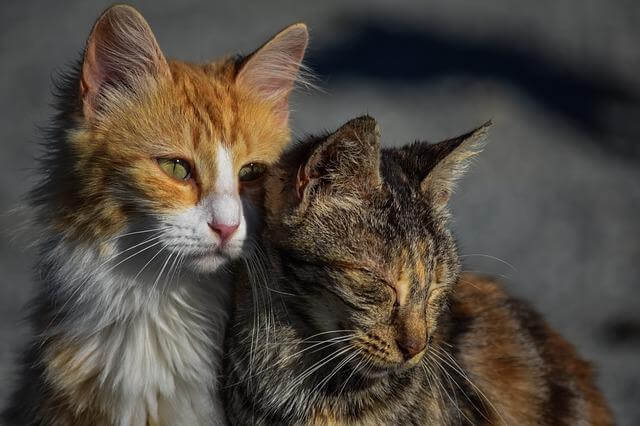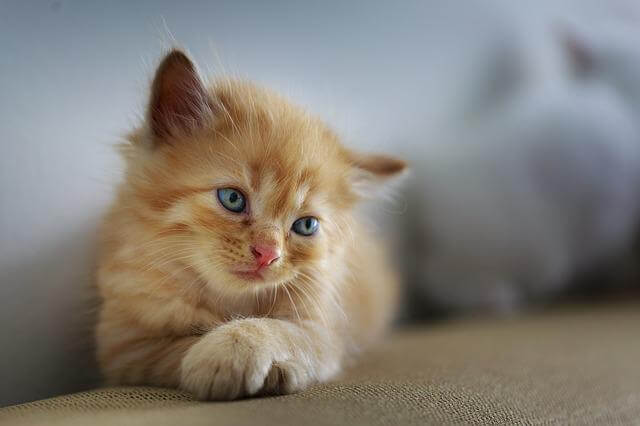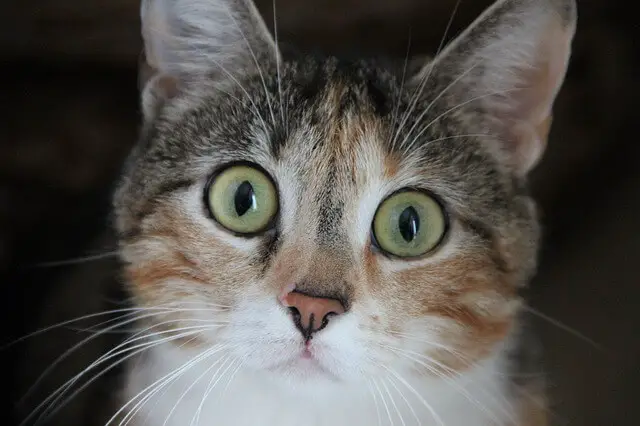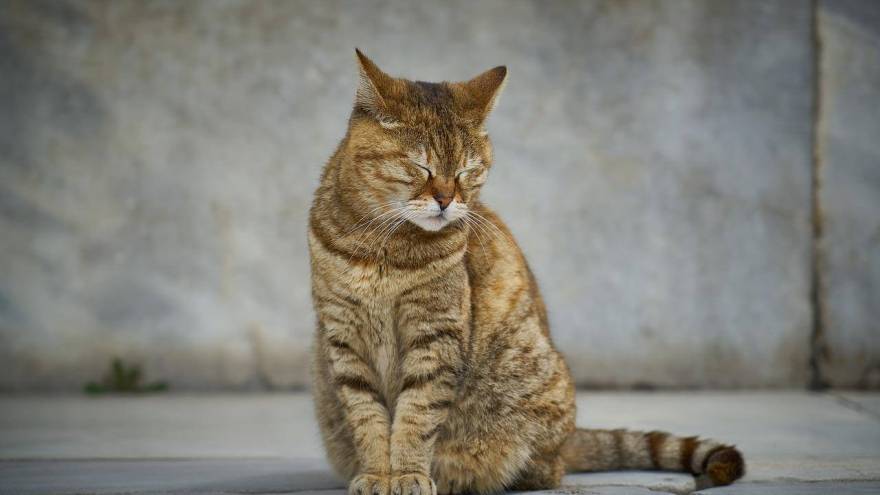Distemper in Cats: Symptoms, Treatment & Prognosis
01.07.2022.
Feline distemper, also known as a feline Panleukopenia virus – FPV is a highly contagious disease that is in most cases curable. In some cases, this disease can be fatal. Stay with us and find out how to recognize distemper in cats, the best treatment, and how to help your cat not get infected with this virus.
What is distemper in cats?
Distemper in cats is a highly dangerous and infectious disease. If you suspect your cat has a distemper, you should immediately contact your vet because a fast reaction can make the difference between life and death. Infected cats should immediately be separated from other cats.
This virus will affect blood cells and can cause anemia and other bacterial illnesses. In the past, this disease was the leading cause of death in cats, but today distemper is rare due to the vaccines.
Cats most susceptible to this disease are kittens, pregnant cats, and cats with an immune disorder.
Can cats get distemper?
All cats can contract distemper but thank to the vaccines, there are not many cases of infection in adult cats. Cats can get this disease through infected saliva, blood, urine, faeces, or fleas. Distemper can be spread by contacting different surfaces, beds, and equipment.
RELATED: 8 Ways To Keep Your Cat Happy & Satisfied

The main problem with this virus is that it is resistant to many disinfectants, and the virus can survive on surfaces for years. In most cases, the feline panleukopenia virus can be found in small areas with many cats, like kennels and pet stores. This virus will vary from year to year, and in some years can be highly contagious, while in others can be milder.
IMPORTANT TIP: Distemper cannot be spread from cats to dogs and humans.
Distemper in kittens
Kittens are in danger of conducting this virus. Since they haven’t received the vaccine, kittens can contact distemper from breast milk or in utero. You should be extremely careful if you have kittens aged 2 to 6 months since they are most vulnerable to the distemper.
Symptoms of distemper in cats
Distemper in cats can cause a wide range of symptoms ranging from mild to severe. Most of the symptoms include:
- Dehydration
- Vomiting
- Diarrhea
- Fever
- Anemia
- Sneezing
- Weight loss
- Discharge from eyes
- Runny nose
- Refusal to eat
- Depression
- Lethargy

RELATED: 4 Best Litters for Kittens [Review]
If you notice any of these symptoms and think your cat potentially has a distemper, you should immediately contact your vet and make an appointment.
Diagnosis
Diagnosis of distemper can be tricky since symptoms of distemper in cats can also indicate different diseases such as poisoning and pancreatitis. Your vet should perform a few additional tests to ensure your cat has a distemper.
Your vet will perform:
- Blood test
- Urine test
- Physical exam
- Biochemical exam
Treatment
Currently, there are no effective medications that will help cure this disease. The best treatment is to address the problem and keeping the infected cat comfortable and safe.
If your cat is experiencing dehydration, your cat will be treated with intravenous fluid therapy. Cats get antibiotic treatment to prevent bacterial infections, but antibiotics cannot cure the virus.
RELATED: Heat Stroke in Cats - Symptoms, Treatment & Prevention
What is the prognosis?
Cats receiving proper therapy and at a particular time from the infection will have a good prognosis and recover completely. Kittens infected in the early stages of pregnancy will not make it through, while kittens affected later in the pregnancy will develop cerebellar hypoplasia.

Cats with weaker immune systems and poorer health will have a poor prognosis; in most cases, they will pass away within the day.
RELATED: 6 Reasons Why Cats Hate Water
How to prevent distemper in cats?
Prevention is the best thing you can do for your cat. Kittens can get their first vaccines against FPV from 7-9 weeks old. If you are adopting an adult cat and are unsure if your cat got the proper vaccine, you should talk to your vet and ask for advice.
GOOD TO KNOW: If your cat gets infected with this virus, after recovery, your cat will be immune if she gets in contact with the virus in the future.
Conclusion
Distemper in cats is a serious condition and will require proper vet care. If you catch early symptoms of this disease, you can help your cat get in time to your vet. Remember that this disease is easily spread and you should take care of hygiene. If you have other cats in your home, you should carefully watch them for any symptoms.
World Cat Finder Team







Share